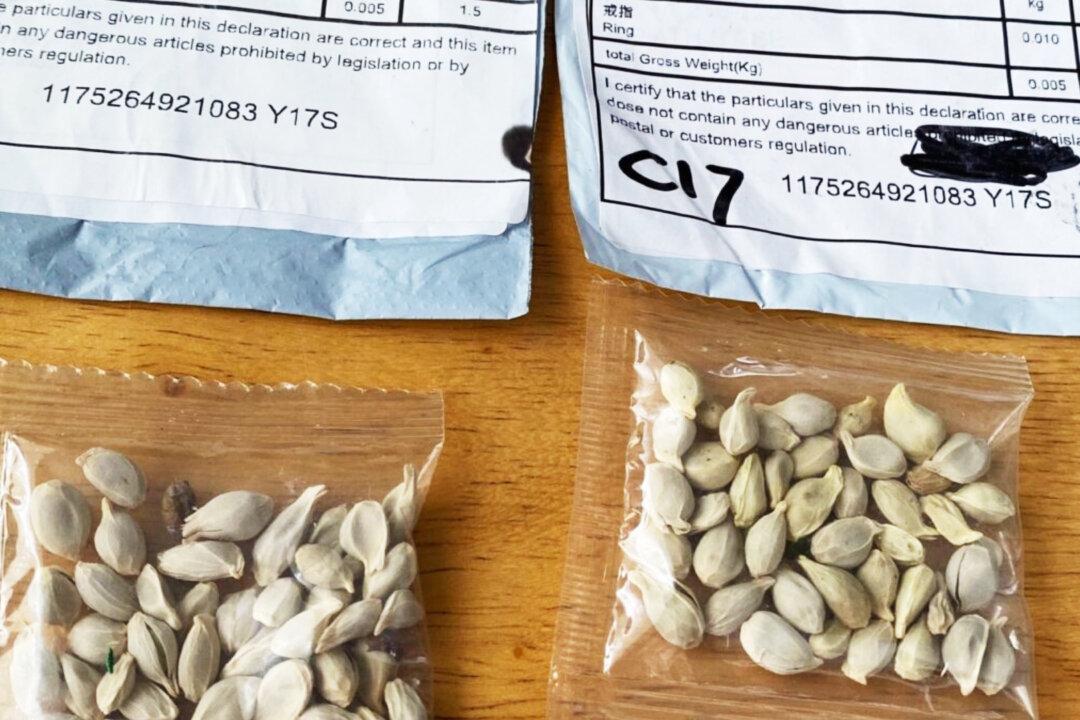The first time Renee Ball received mystery seeds in the mail from China, it puzzled her. Then, a few weeks later, it happened again.
She had ordered some seeds online at her Churchill Falls home, but these didn’t appear to be what she ordered, so she put off planting them.





